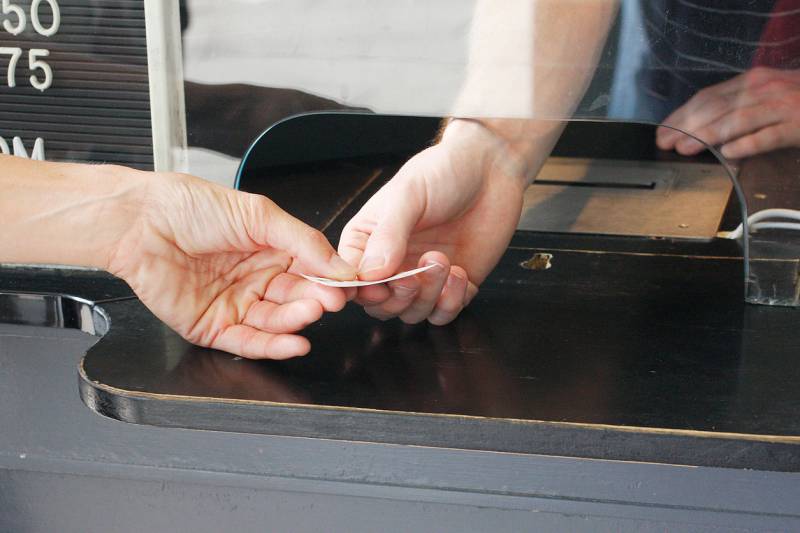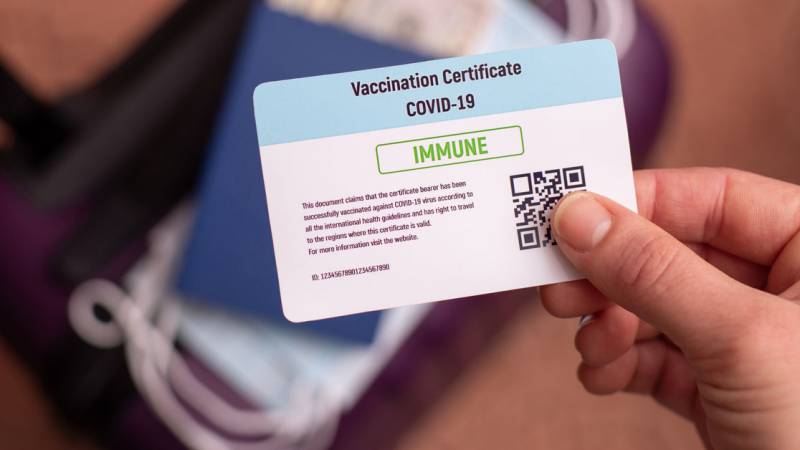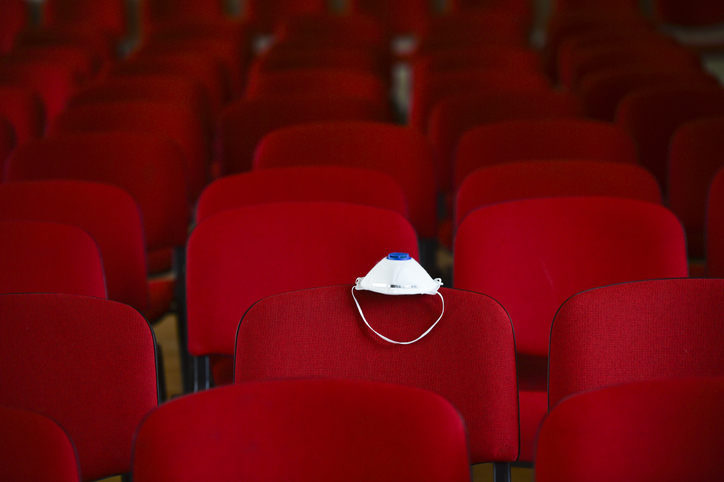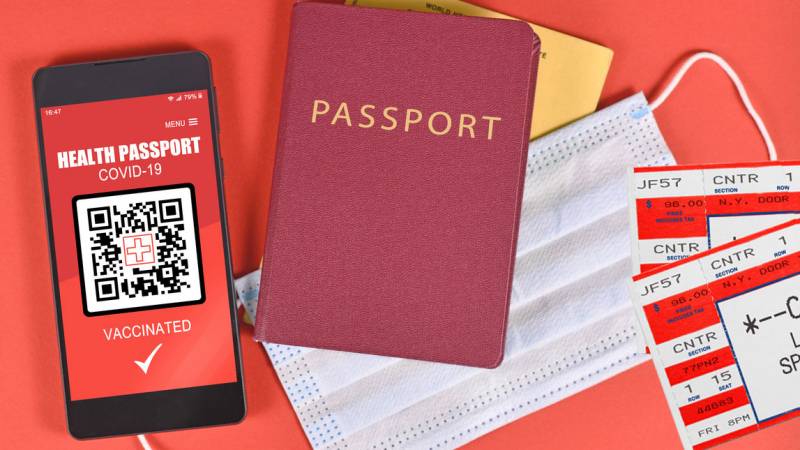Weisman’s concerns are not unfounded, but legally challenging vaccine passport policies on privacy grounds will be tricky. Medical information in the United States is currently protected by the Health Insurance Portability and Accountability Act, or HIPAA, which prevents healthcare providers from disclosing sensitive patient information without the patient’s consent. But HIPAA does not apply to private businesses like performance venues—so there’s currently no law preventing such entities from verifying someone’s vaccination status.
Meanwhile, charges of discrimination might likely hold more water. Disparities in vaccination rates suggest that wealthy, white Americans are getting inoculated before lower-income citizens and people of color. Immunity requirements could exacerbate these societal gaps.
Weisman admits that she might end up weighing these issues against her desire to see her theater reopen. She’s proud of the community that has sprung up around the theater’s online arm, MarshStream, but it’s no substitute for the genuine article: “How does a performer relate to an audience through a digital stream, when it’s so much about any performer’s relationship to seeing people and seeing their reactions?”

Daniel Thomas, a co-executive director of San Francisco’s 42nd Street Moon, envisions a balanced approach to restoring this intimacy. “We can’t demand or require that they show us proof of vaccination, but we can ask that they provide that if they’re comfortable with it,” says Thomas, citing additional supplementary safety measures such as masks, temperature checks, contact tracing information and fewer performances to allow time for cleaning.
Any such proposal, of course, will have to be scrapped if the state mandates that theaters verify vaccinations at the door, an uncertainty that’s kindling frustration as companies attempt to plan their very tentative fall seasons. “The regulations for live theater have always been kind of an afterthought,” says Thomas.
“Our state is being very specific about where we fall,” echoes Marin Theatre Company artistic director Jasson Minadakis. “If that changes, then we’re going to have to start thinking about those moral questions.”
Minadakis acknowledges the “waiting game” of trying to forecast state guidelines when live theater—which typically packs people together indoors for the length of a few acts and an intermission—will be last in the reopening line. Vaccine passports like those required in New York could possibly be on the table, but he won’t commit to pursuing any policy before the government confirms it’s necessary.

Khori Dastoor, Opera San Jose’s general director, fires off a list of measures she’d incorporate before certifying audiences’ vaccine credentials. The company plans to trade out longer opera programming, some of which clocks in at over three hours, for truncated, socially distanced outdoor performances.
Dastoor says those steps will be easier than checking every audience member’s vaccination status. “It’s a lot to ask of our ushers,” Dastoor says. “It’s a big promise to make to our patrons that we can, with confidence, assure them that every single person in the auditorium has provided some sort of proof.”
But Berkeley Repertory Theatre’s audiences have shown that they might respond favorably to that kind of assurance, based on the results of a survey sent out to subscribers and single ticket buyers. According to managing director Susie Medak, respondents indicated that the most important factors for returning to the theater were getting vaccinated themselves and knowing that others were vaccinated, too. Over 60% of survey takers said they hoped Berkeley Rep would require vaccinations for participation.
Medak is willing to enact these rules if it makes guests safer, but she anticipates inevitable controversies that could incite a rocky reaction from the wider public.
“I know that this is exactly what many of our people really want to hear,” Medak says. “And I’m sure there are also people who are just going to be outraged.”





